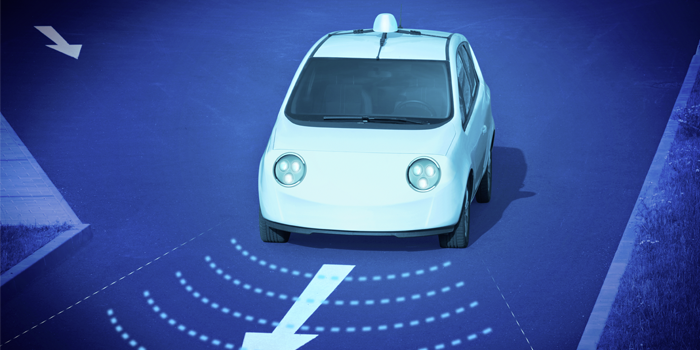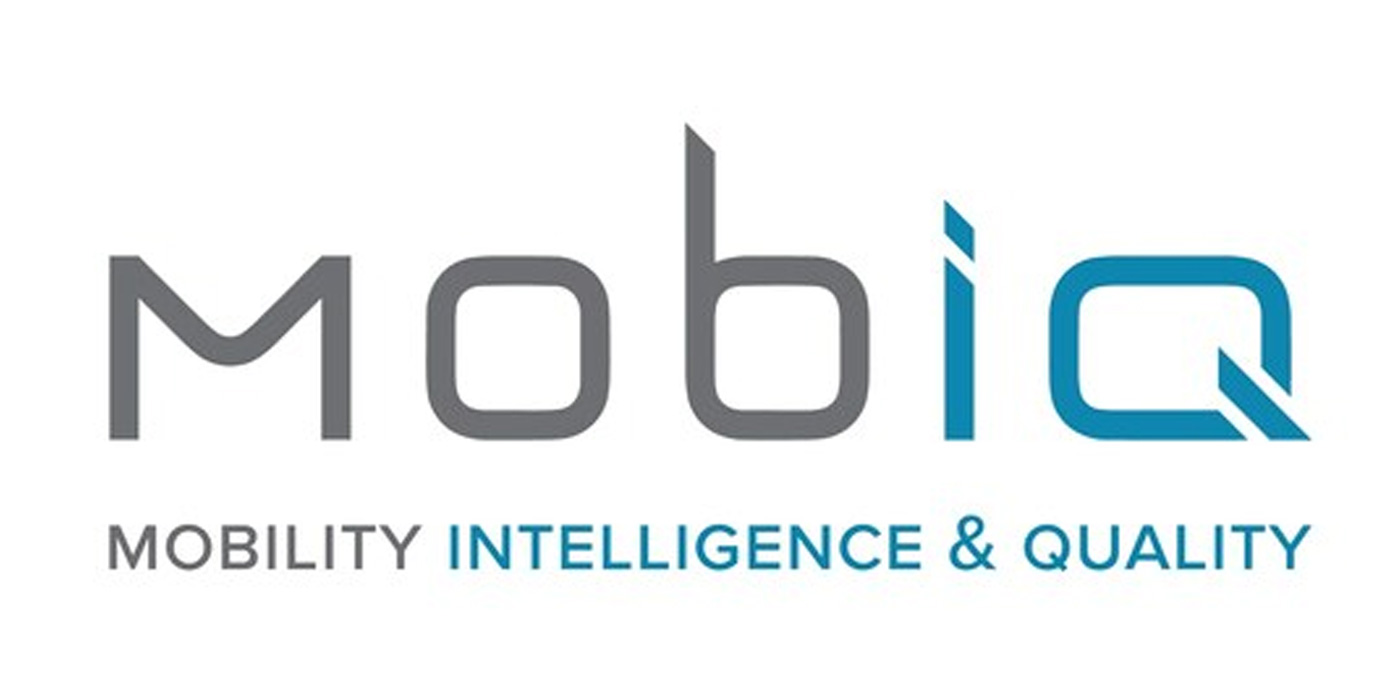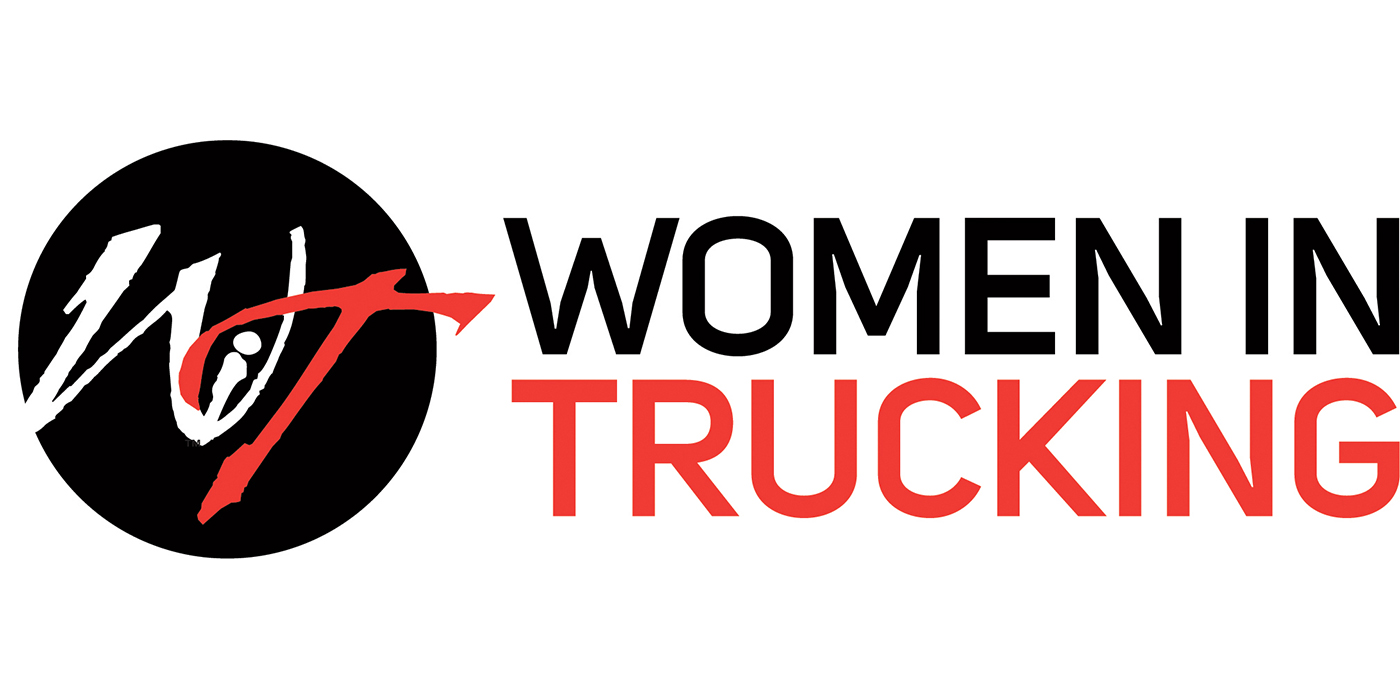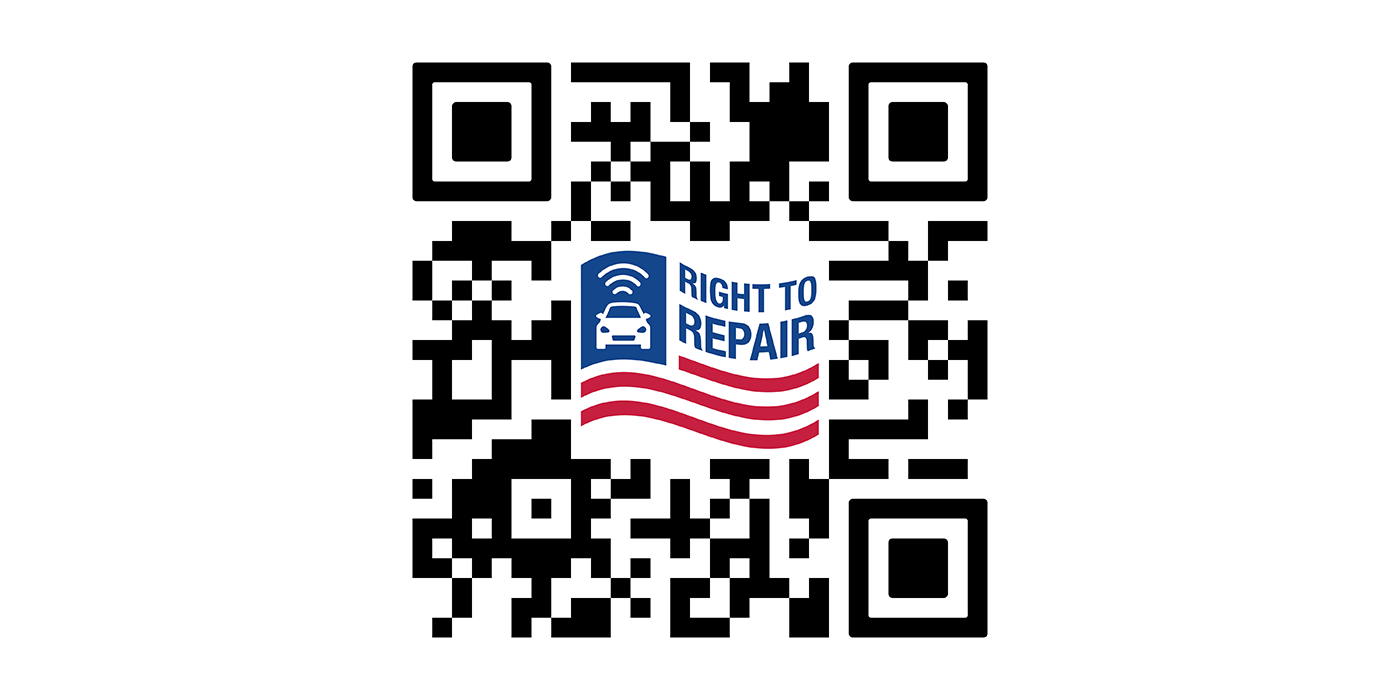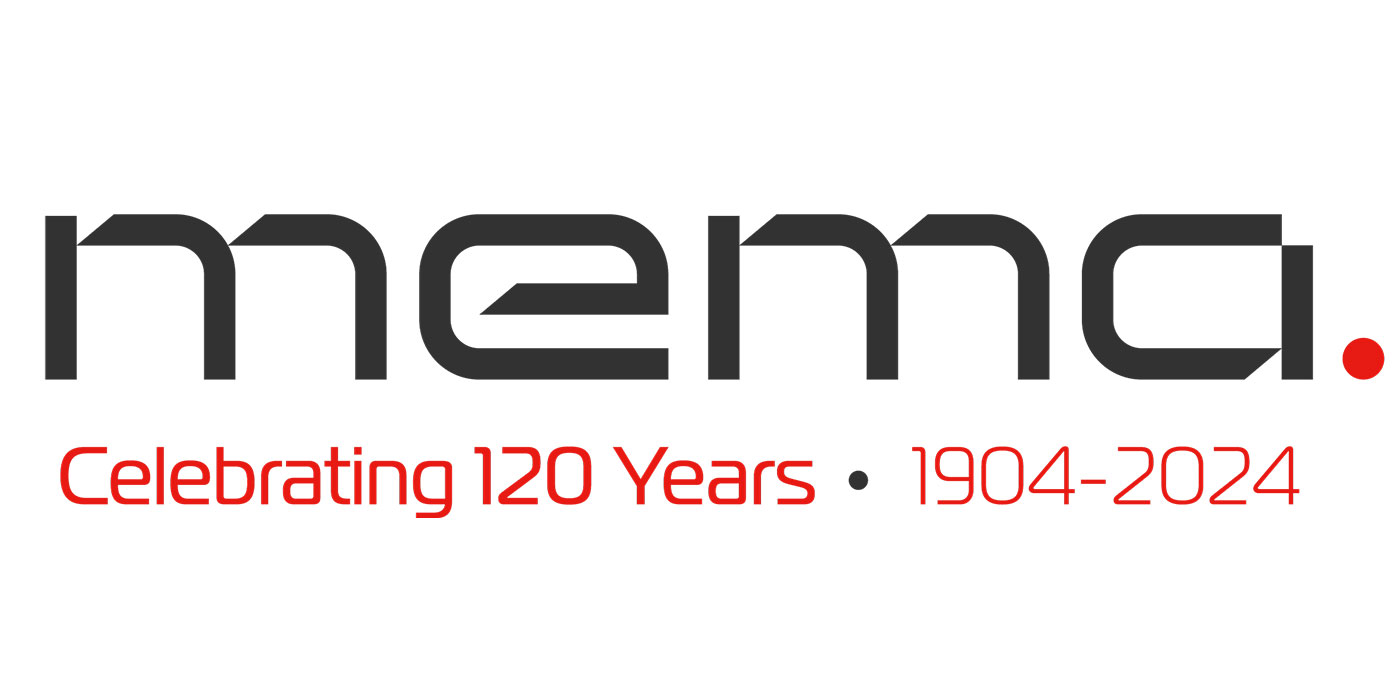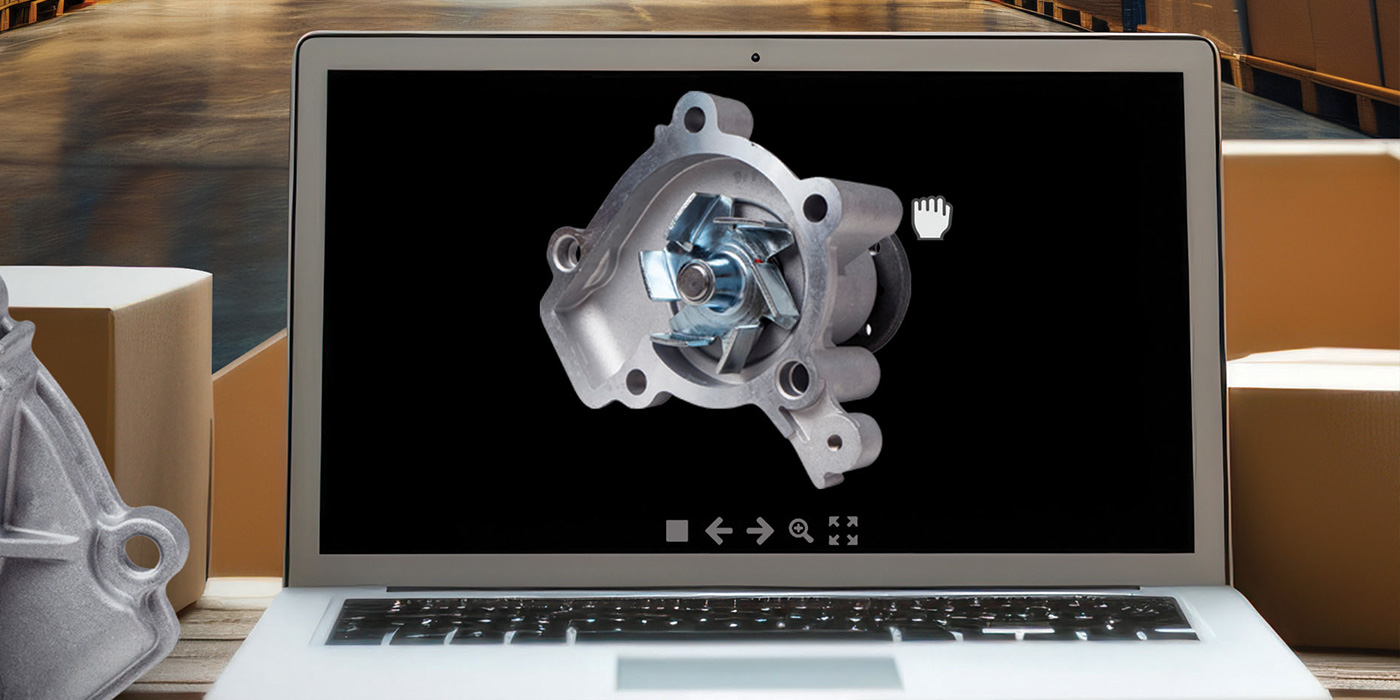Most companies are unprepared for the emergence of autonomous vehicles (AVs), according to corporate risk managers surveyed by Munich Re at the 2016 Risk and Insurance Management Society Conference (RIMS).
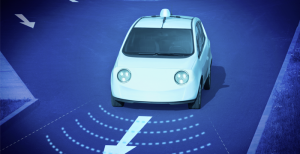
Despite the potential business impact of this technology, a majority (65 percent) of risk managers surveyed said their companies have done nothing to prepare for the emergence of AVs in the auto market. Of those who have taken some form of action to prepare, 23 percent have discussed the new technology internally, eight percent have established a task force and four percent have created an operational plan.
According to global consultant McKinsey & Co., consumers will begin to adopt AVs starting in 2020 – and AVs will become the primary mode of transportation by 2050.
“With innovative companies making significant strides in the development of self-driving cars, it’s no longer a matter of if, but rather when the time will come for the wide-scale adoption of AVs,” said Tony Kuczinski, president and CEO of Munich Reinsurance America Inc. “The timeline for adoption may be sooner than many realize. As such, it’s important for companies to start preparing now for how this technology could potentially impact their business, to both leverage opportunities and most effectively mitigate risks.”
According to the National Highway Traffic Safety Administration (NHTSA), driver error is the cause of 94 percent of accidents. By reducing driver error, AV technology could significantly reduce the number of motor vehicle accidents and have wide-ranging implications for the insurance industry.
In 2015, Munich Re, US, established a “Mobility Domain” as part of the company’s overall commitment to understanding and developing innovative solutions for emerging risks, and as an engine for future growth. The Mobility Domain is establishing strategic partnerships and pilot projects for the company and its clients to develop risk management solutions for the new era of mobility, including areas such as vehicle telematics, shared mobility, crash avoidance systems and autonomous driving. Over time, these technologies could save lives and reduce losses.
“As AV technology progresses, the potential risk exposures and their implications for the insurance industry and society will continue to evolve,” said Kuczinski. “Cyber security in particular is one area we are watching closely, as the vulnerability and implementation of safeguards for AVs remains to be seen.”
Security of technology is top of mind for risk managers, as the majority of survey respondents (55 percent) feel cyber security is the greatest insurance concern associated with AVs. This was followed by allocation of liability when autonomous/non-autonomous vehicles share roads (27 percent), economic disruption (seven percent), safety (seven percent) and the cost of technology to repair damaged vehicles (four percent). From a cybersecurity perspective, respondents believe the greatest threats to AVs are auto theft by an unknown individual hacking into and overtaking vehicle data systems (42 percent) and the failure of smart road infrastructure technologies (36 percent).
When asked what they thought posed the greatest challenge to the widespread adoption of AVs, nearly half of the risk managers (41 percent) cited regulatory or legislative obstacles, followed by safety (24 percent), security of technology (19 percent), cost (11 percent) and the ability to function in all weather and road conditions (5 percent).

